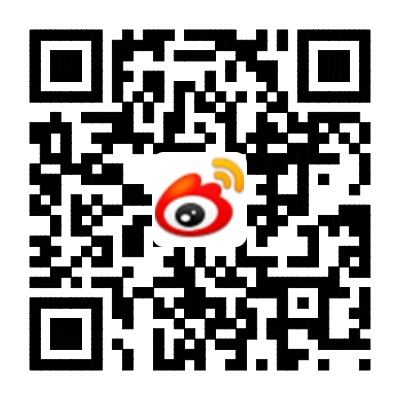
怀孕期间胎盘形成母体与胎儿间的交界面
跨胎盘的物质运输受到严格控制,这对于胎儿的健康发育是十分必要的。已有文献报道细胞外膜泡介导的蛋白质和核酸从胎盘运输到胎儿;但这种交流方式是不是双向的仍有待研究。帝国理工学院的研究者们猜想胎儿的炎症信号可通过母体的免疫细胞外泌体影响胎盘的滋养层。利用BeWo细胞系和整体胎盘移植体研究发现人胎盘可获取巨噬细胞来源的外泌体,并且具有时间和剂量依赖性。这种获取的方式是通过网格蛋白依赖的内吞作用。此外,巨噬细胞的外泌体诱导胎盘产生促炎因子。总结,这些结果表明外泌体可被运输到胎盘,这些激活的免疫细胞分泌的外泌体可调节胎盘的细胞因子的产生。该研究揭示了免疫细胞与胎盘间的一种新的交流方式,这可能促进了胎儿对母体炎症和感染的反应,从而保护胎儿免受伤害。
原文来源:Holder, B. S., et al. (2015)."Macrophage exosomesinduce placental inflammatory cytokines: a novel mode of maternal-placentalmessaging." Traffic.
During pregnancy, the placenta forms the interface between mother and fetus. Highlycontrolled regulation of trans-placental trafficking is therefore essential forthe healthy development of the growing fetus. Extracellular vesicle-mediatedtransfer of protein and nucleic acids from the human placenta into the maternalcirculation is well documented; the possibility that this trafficking isbi-directional has not yet been explored but could affect placental functionand impact on the fetus. We hypothesized that the ability of the placenta torespond to maternal inflammatory signals is mediated by the interaction ofmaternal immune cell exosomes with placental trophoblast. Utilising the BeWocell line and whole placental explants, we demonstrated that the human placentainternalizes macrophage-derived exosomes in a time- and dose-dependent manner.This uptake was via clathrin-dependent endocytosis. Furthermore, macrophageexosomes induced production of proinflammatory cytokines by the placenta. Takentogether, our data demonstrates that exosomes are actively transported into thehuman placenta and that exosomes from activated immune cells modulate placentalcytokine production. This represents a novel mechanism by which immune cellscan signal to the placental unit, potentially facilitating responses tomaternal inflammation and infection, and thereby preventing harm to the fetus.
版权归外泌体之家所有,未经书面许可,禁止转载。联系邮箱exosome@exosome.com.cn
外泌体资讯网 外泌体诱导胎盘分泌炎症因子——母体与胎盘间交流新方式





